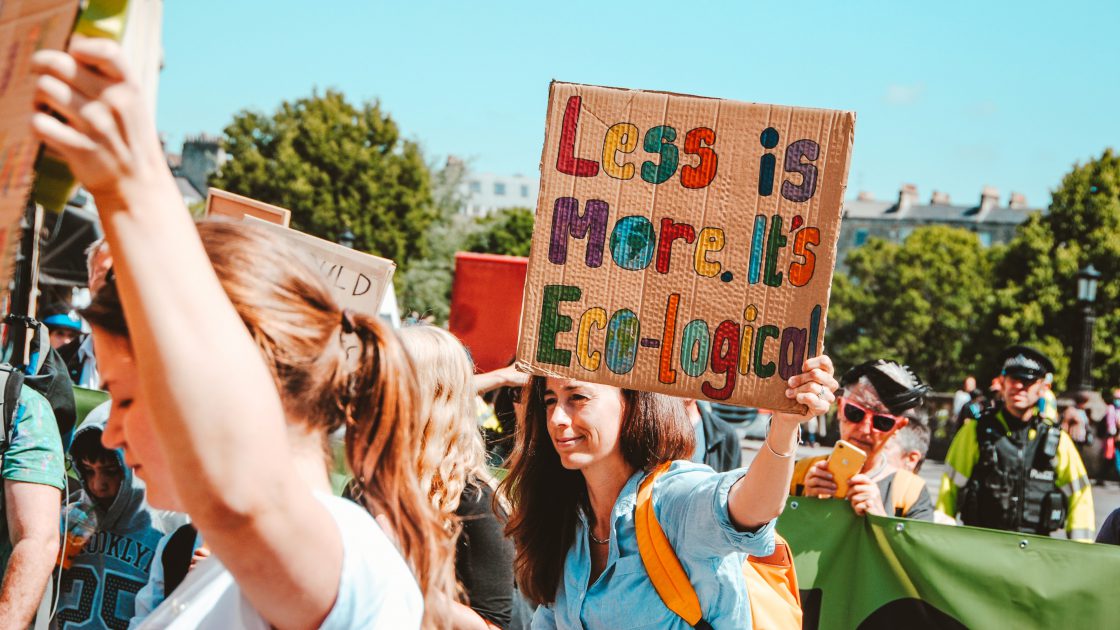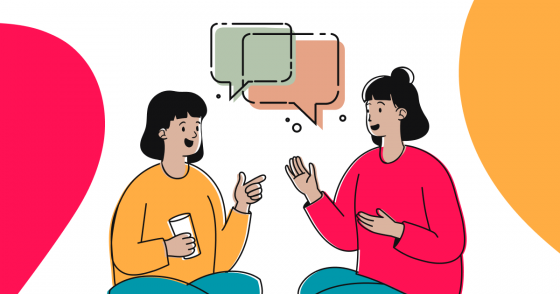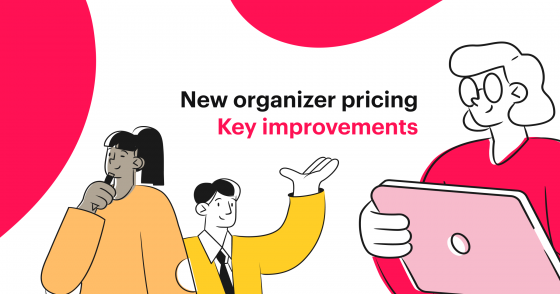There’s no denying it: this recent groundbreaking report organized by UN scientists confirms beyond any doubt that human activity is changing our planet’s climate. Although the report finds major damage being done to Earth’s equilibrium, these scientists emphasize that humanity can slow rising temperatures.
To do so, we need to strike a balance of individual and collective action. Here are a few simple ways to help yourself and your community go green.
Make a difference in your daily life
It may seem daunting to make a personal impact on such a substantial, global problem. But even sweeping, worldwide changes are the product of many people’s individual actions. There are lots of easy and effective steps you can take to be more environmentally conscious and reduce your carbon footprint, such as:
- Buying energy-efficient appliances – Using less energy around the home is one of the more direct ways to lessen your burden on the environment. When you use less energy, fewer harmful emissions are put into the atmosphere. Consider buying refrigerators, washing machines, and other appliances with the Energy Star label. An added bonus of efficient energy usage is the money you’ll save on monthly bills.
- Wasting less water – Taking shorter showers and turning off the tap while brushing your teeth are two of the simplest positive changes you can make to your daily routine. Saving water helps reduce atmospheric pollution because it takes a lot of energy for the water that reaches your home to first be collected, purified, pumped, and heated.
- Eating less meat – According to Greenpeace, the livestock sector of our global economy generates as much greenhouse gas emissions as all the world’s automobiles combined. Even if you don’t swear off meat altogether, developing a meat-conscious approach to your diet and incorporating more plant-based meals can benefit both your health and the environment.
- Unplugging – Lots of the devices you leave plugged into your outlets are still drawing power even when they’re not being used. You might be surprised to learn that a fully charged phone or a “turned off” TV still has an idle load on your energy consumption. The best way to make sure you aren’t needlessly consuming energy is by unplugging devices whenever you aren’t actively using them.
- Taking public transportation – Less driving means less fuel consumption, which means less carbon dioxide entering the atmosphere. If you live in a city with quality public transportation, choose that option as often as possible. Even if you don’t go totally car-less, you can make a difference by riding a bus or a train for certain trips. Plus, you’ll save money on gas.

Get more involved in community climate change action
Educating yourself on the science and policy around greenhouse gases, pollution, and fossil fuels is the first step toward becoming a community advocate for more sustainable living. Try reading some of the best books on climate change recommended by climate activists.
Share your new knowledge and learn more from fellow environmentally-conscious folks in local communities like the Climate Conversations Meetup Group in Edinburgh. With more than 220 members, this group can help you cultivate the skills to engage in more powerful everyday conversations about going green.
As you begin to feel more experienced in the nuances of climate change policy, you can take more direct action by joining a group like the Citizens’ Climate Lobby, Austin Chapter. With 250 members, this is just one local chapter of a nationwide grassroots organization that lobbies Congressional representatives to support green legislation. They also organize local events to help create the political will necessary to inspire real progress.
If you can’t find a climate change community in your area, you can easily create your own Meetup group. Lead the way for family, friends, neighbors, coworkers, and even people you haven’t met yet to go green.
Last modified on May 3, 2022











